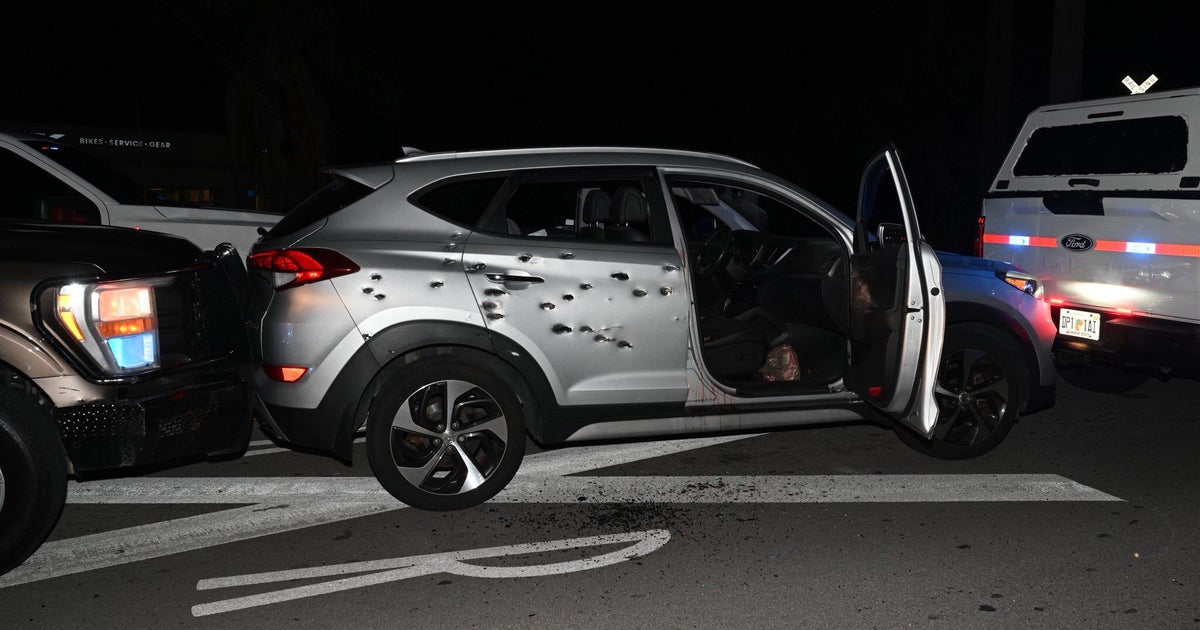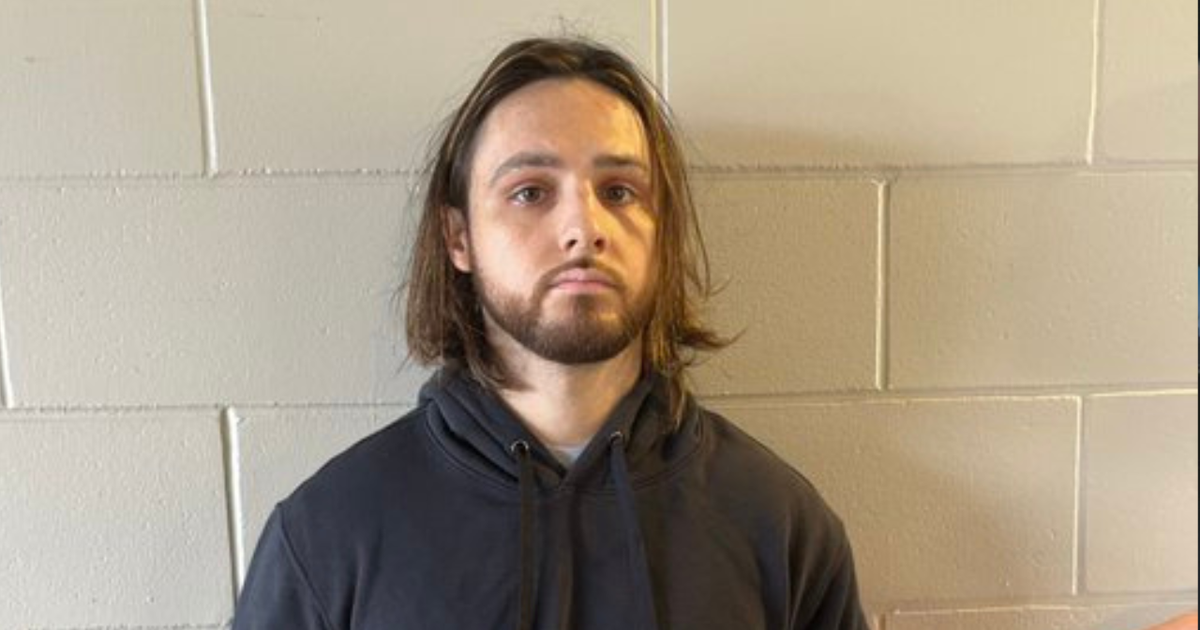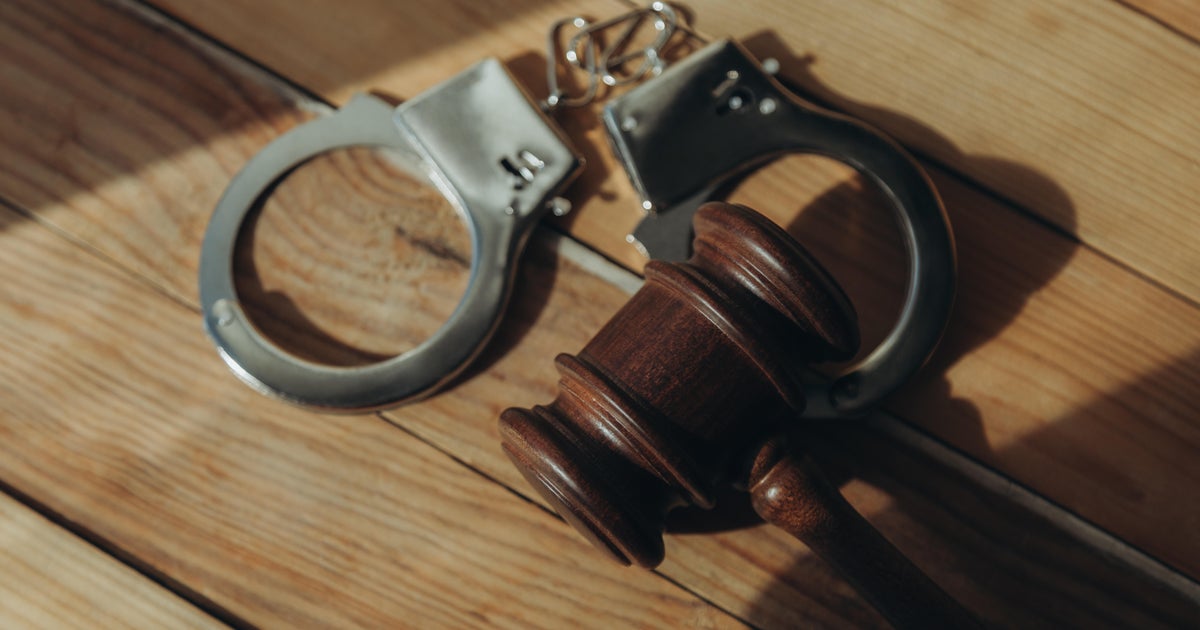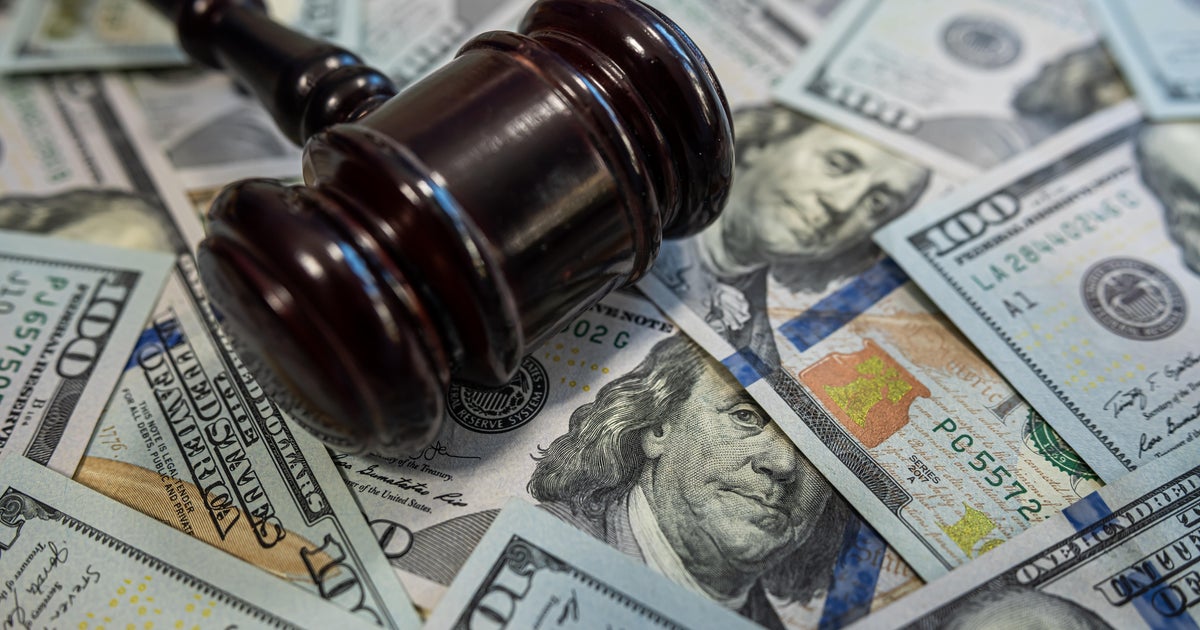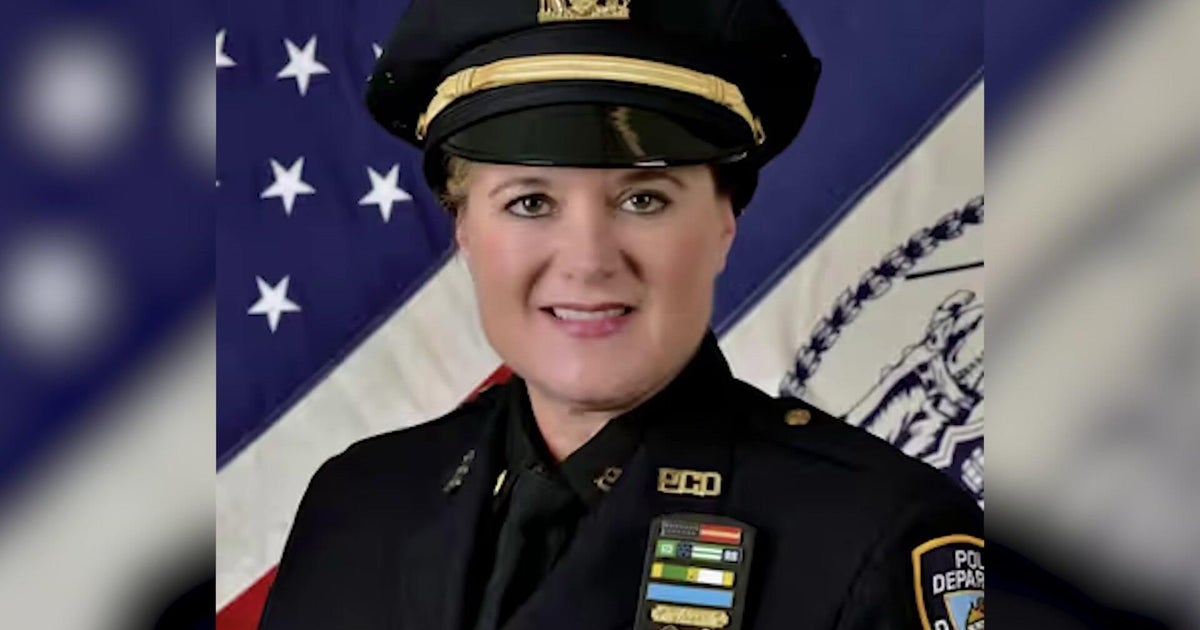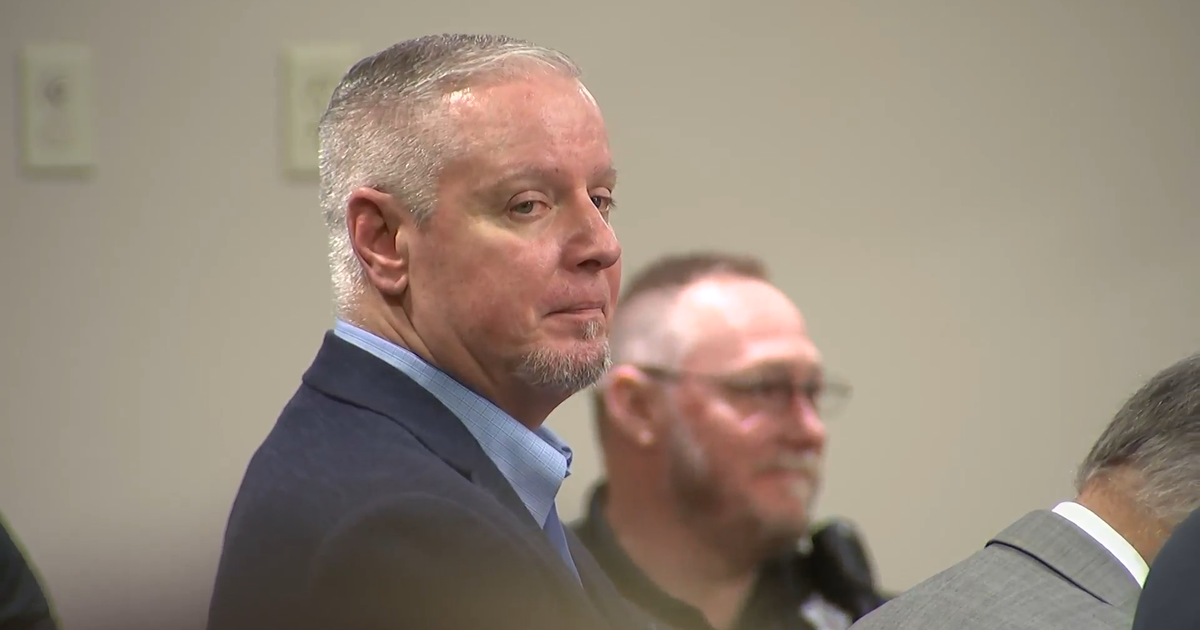Feds: Russian Arms Suspect Not Beyond Law's Reach
NEW YORK (AP) -- A former Soviet military officer dubbed the "Merchant of Death" for allegedly selling an arsenal of weapons that would be "the envy of some small countries" was in the United States on Wednesday to face justice, a prosecutor announced, refusing to address the possibility that the extradition had chilled U.S.-Russian relations.
U.S. Attorney Preet Bharara repeatedly responded to questions at a news conference about the relations between the countries by saying Viktor Bout was brought to the United States after prosecutors successfully sought an indictment and an extradition based on evidence collected during a long-running Drug Enforcement Administration probe.
"The so-called Merchant of Death is now a federal inmate," Bharara said after Bout was flown from Thailand to a suburban New York airport on Tuesday to face charges that he offered to sell millions of dollars of weapons to a terrorist group that wanted to kill Americans. "No one should ever think he can plot to kill Americans with impunity."
He praised the DEA for "courageous and groundbreaking work," along with the agency's partners in Curacao, Copenhagen and Bucharest.
The Russian Foreign Ministry had said Thailand's decision to extradite him was "unlawful," purely political and resulted from U.S. pressure. Foreign Minister Sergei Lavrov said in remarks broadcast on Russian television Tuesday that the Thai government's decision was "an example of glaring injustice."
Messages seeking comment left Wednesday with the Russian Mission to the United Nations and the Russian Embassy in Washington were not immediately returned.
For several months, U.S. and Russian officials had fought for control of Bout, flexing muscles in a manner that seemed to threaten cooperation on arms control, nuclear weapons curbs and the war in Afghanistan. Department of State spokesman P.J. Crowley has acknowledged possible "ripples" in relations with Moscow but said any concerns could be managed.
"I have no reaction," Bharara said to the controversy, saying his office "did what we always do" by seeking to prosecute someone after compiling proof of a crime.
Bout, 43, wearing a brown shirt and black sweatpants, pleaded not guilty during an 8-minute initial appearance in U.S. District Court in Manhattan, where his court-appointed attorney, Sabrina Shroff, said he consented to being held without bail until his next court appearance, scheduled for Jan. 10. She declined to comment outside court.
Bout, sporting his customary thick mustache, spoke politely as he answered several routine questions from Judge Shira A. Scheindlin.
At one point, Bout was asked if a financial affidavit he signed was accurate. He replied, "Yes, I swear," through an interpreter, standing and raising his hand as if swearing to tell the truth.
The only reference to Russia came when a prosecutor, Anjan Sahni, told the judge that the U.S. notified the Russian Consulate earlier Wednesday of Bout's arrest by U.S. authorities.
Russia Consul General Andrey Yushmanov and Vice Consul Alexander Otchainov arrived at the Metropolitan Correctional Center after the hearing to visit Bout. Yushmanov said they were there to make sure he gets his full legal rights and to show "consul support of our citizen." The prison is located next to the federal courthouse in Manhattan.
Yushmanov said Bout was in solitary confinement, and called that "a rather tough condition of incarceration." He said Bout looks tired but was in "vigorous" spirit. He said Bout asked them to make contact with his family.
Yushmanov said Bout was "satisfied" with the free lawyer provided, but said he might consider other possibilities. He said he would meet with Bout as much as needed, and one of his first tasks is to make sure that Bout "gets warm things and personal hygiene items."
The Consul General said there was "some pressure during the transfer," and said Bout said "they tried to persuade him in "quotation marks" to confess to what he did not do, promising in return, some advantages." Yushmanov said Bout rejected those attempts.
Seated in the courtroom were some federal agents who accompanied Bout on his 21-hour flight to the United States.
Bout discussed politics and economics during the trip, according to a law enforcement official who was on the plane. The person, who talked to The Associated Press on condition of anonymity, was not authorized to speak publicly.
Bout said he was a vegetarian, ate salad, drank a lot of water, slept and listened to classical music, the official said.
Thomas Harrigan, DEA chief of operations, told The Associated Press that the arrest, extradition and prosecution of Bout were "a victory for us all."
He said the case was especially important because "of the access Mr. Bout had to weapons" and his ability to spread them to remote parts of the world.
"We go where the evidence takes us," Harrigan said, noting that what started as a drug probe grew into an international weapons smuggling investigation that took agents halfway around the globe.
At the news conference, Harrigan said evidence would show that Bout "said he preferred murdering Americans." He predicted tens of thousands of people could have died if Bout made the weapons deliveries he promised.
"For Viktor Bout, justice will finally be served," he said.
Bout has been accused of supplying weapons that fueled civil wars in South America, the Middle East and Africa, with clients ranging from Liberia's Charles Taylor and Libyan leader Moammar Gadhafi to the Taliban government that once ran Afghanistan. He was an inspiration for an arms dealer character played by Nicolas Cage in the 2005 film "Lord of War."
He was arrested in March 2008 at a Bangkok hotel after a DEA sting operation using informants who posed as officials of the Revolutionary Armed Forces of Colombia, also known as the FARC, classified by Washington as a narco-terrorist group.
Bout was charged with conspiracy, accused of agreeing to smuggle missiles and rocket launchers to the FARC, and conspiring to kill U.S. officers or employees. If convicted, he could face a maximum penalty of life in prison and a mandatory minimum of 25 years in prison.
Bharara said Bout offered to supply more than 700 surface-to-air missiles, 5,000 AK-47 assault rifles and millions of rounds of ammunition, along with ultralight airplanes that could be outfitted with grenade launchers and missiles and unmanned aerial vehicles with a range of more than 200 kilometers.
"It was an arsenal that would be the envy of some small countries," he said.
Authorities said the evidence against Bout was strong, with his words captured on audiotapes, some in Spanish, besides e-mails and information gleaned from his co-defendant, Andrew Smulian, who pleaded guilty in July 2008 to conspiring with Bout to deliver weapons to the FARC.
The indictment labels Bout an international weapons trafficker who assembled a fleet of cargo planes to transport weapons and military equipment to various failed states and to insurgents in Third World countries from the 1990s until his arrest in Bangkok in March 2008.
Estimated to be worth $6 billion, Bout had remained in a Thai jail as his supporters fought to prevent him from landing in U.S. custody. Bout insists he's a legitimate businessman.
IN OTHER NEWS...
NYC CHESS PLAYERS TICKETED FOR USING PARK TABLES!
THAT'S AMORE! NYC CHEF CREATES 'DAY AFTER THANKSGIVING' PIZZA...
ETHICS COMMITTEE TO DEBATE PUNISHMENT FOR RANGEL...
